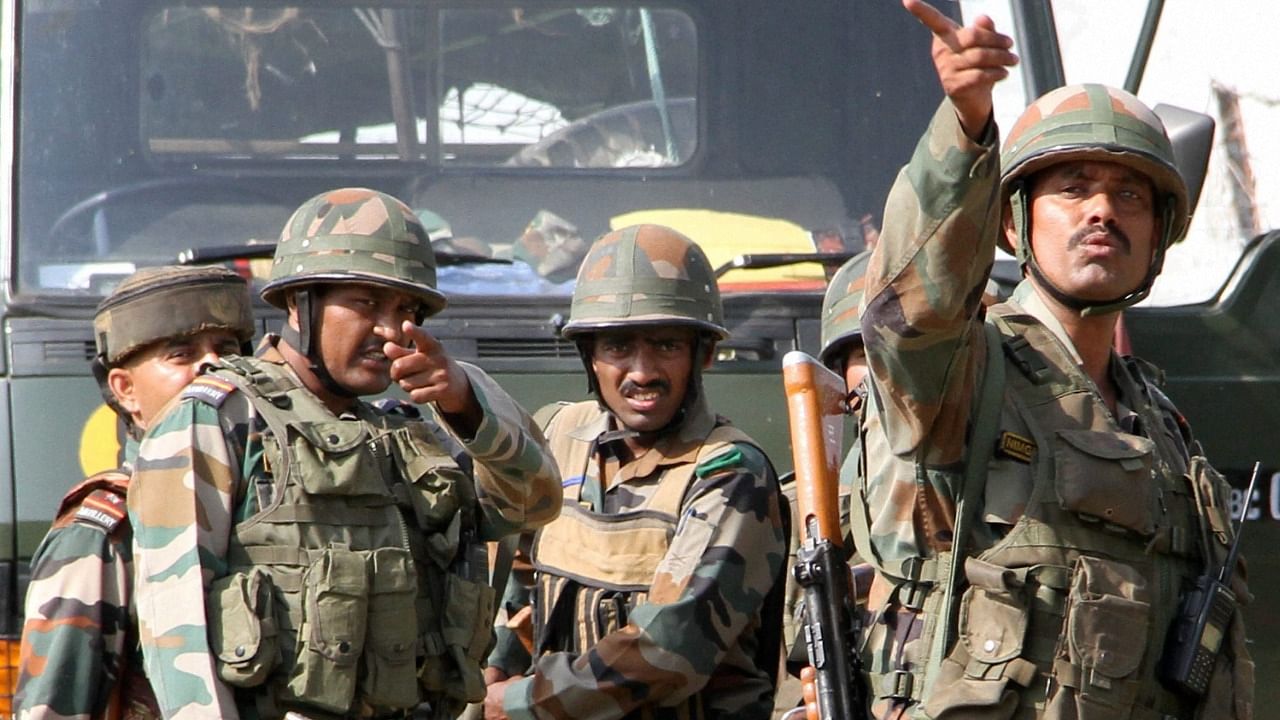
As newly commissioned 2 Lts, we get our first pay slip (through which our salary gets credited to our banks under intimation to us) after three months. So how do you ‘exist’ for three months: how to clear mess bills, how to pay for your bicycle instalment, how to buy essentials and so on. Here comes the knight in shining armour, the Unit Bania who runs the Wet Canteen.
A Wet Canteen is a part of every army unit, though there is nothing wet about it! It is a legacy a few centuries old, when it was preferred that troops drink, generally beer, within the unit lines and amongst fellow soldiers, rather than go out and imbibe spurious liquor. Usually run by a contractor from the ‘bania’ caste, it is mostly known as unit bania or just bania among all ranks.
Once Canteen Stores Department (CSD) outlets in every unit, called Unit Run Canteen (URC), were authorised after Independence, easy access to quality products of daily use, at prices less than market rates’ to soldiers of all three services was possible. Subsequently, select para-military units and civilian organisations too got themselves included. Liquor is just one of the seven categories of such stores. With the arrival of liquor in CSD, the ‘Wet’ portion of the name should have gone. But it didn’t. The prefix continues for the non-CSD canteen aka unit bania.
The bania in any unit is the ‘to go to’ man for any eventuality -- whether you wish to cash a cheque; or buy something at the bazaar which is usually 15-20 KM in most Indian Cantonments/ Military Stations; get a craftsman from civil market for your flat.
Most even advance loans to men without interest but make sure they patronize his shop, where one can get anything from tea and samosa to other costlier items. By a unit order, he is prevented from stocking or dealing with items that are available in URC; but a clever ‘bania’ that he is, he gets to know which items are in short supply or exhausted; out pop those items in his show window! Units do issue orders the limit up to which loans may be advanced by him as cash or cashless purchases. All ranks have to obtain a ‘No-dues’ clearance, before going on leave, to training courses or posting -- a measure to prevent problems later on.
In my first unit in 1962, Mannalal Jai Narain was the bania. I was pleasantly surprised to read recently that he is the son of Jai Narain, a bania who was awarded the 1930-31 NWFP medal Clasp, as a camp-follower! Yes, our unit banias accompany us to operational areas even during wars. So don’t deride them as the greedy exploiting caricature of Hindi films. Their services generally stay hereditary in the same unit; the third generation Agarwal is still the bania in my first Regiment after 60 years!